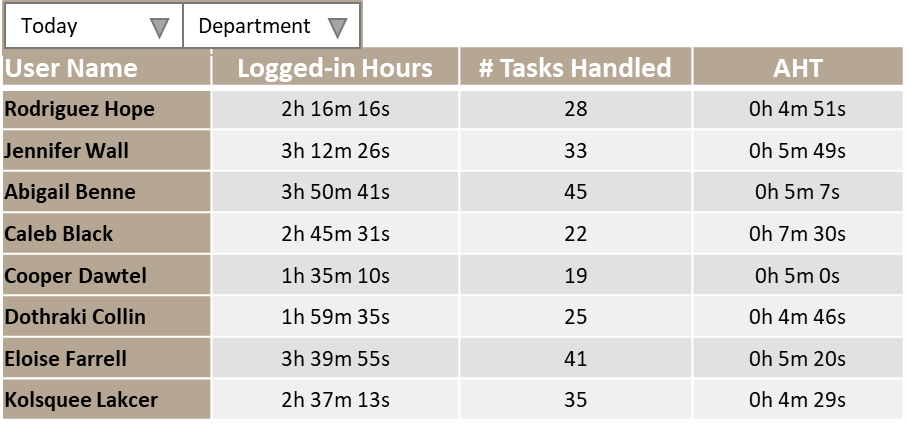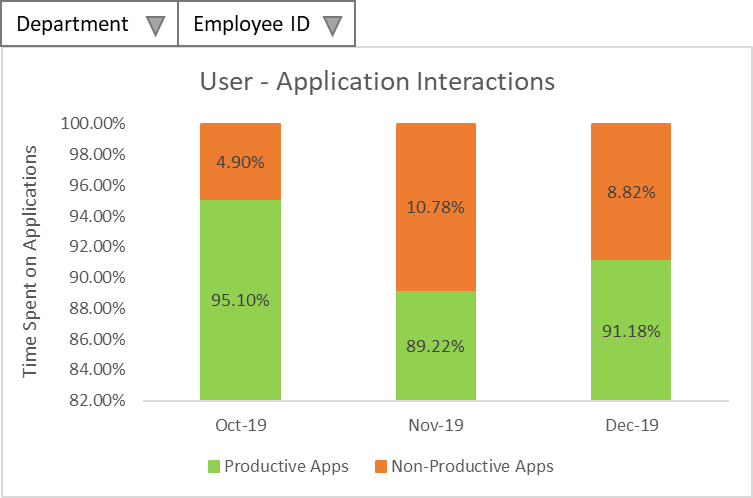For a business, unprecedented times demand an innovative and robust solution. No one expected COVID-19 to throw BAU activities out-of-track. Flights, trains, personal vehicles, contact centers, everything has come to a standstill, except a few organizations who had a smart Business Continuity Plan in place.
The COVID-19 pandemic has underscored the old saying — nothing is more precious than human life; however certain businesses such as banking, hospitals, telecom, food, power, and pharma must continue to keep that life going.
Education institutes, medical centers, and FMCG banks, among others, are relying on an on-premise operation to run classes, consult patients, place purchase orders, or approve invoices and approve credit applications, respectively. The lockdown has led to the suspension of critical services, thus obscuring the reality to both customers and businesses.
How can businesses continue uninterrupted in these challenging times? Is it possible to maintain the scale of operations? How can one be released of mundane tasks to give precedence to human life? All these incessant questions have disturbed private and public organizations, looking for a reliable solution that can offer uninterrupted BAU experience.
Automation has never been this critical. With 5G connectivity making inroads, the remote operations seem more tangible and acceptable. A recent study by HBS stated that trust-based culture and higher productivity would be a few of the outcomes of social isolation due to reliance on technology during the COVID-19 lockdown. Remote working tools such as Slack, WebEx, Teams, and Zoom have seen never-before adoption rates (with Teams taking maintenance downtime).
While the above tools have been in place for long, assisting remote work operations, enterprises were challenged by disconnected activities that demanded constant human presence, operating out of legacy applications or a secure environment. Processes such as 4 Eye sign-off, invoice approval & disbursement, and transaction reconciliation required staff to be available round-the-clock working out of company premises.
Few business leaders, keeping abreast with intelligent automation, have adopted Robotic Process Automation to not only better define their BCP, but also to scale their operations.
RPA, with its low-code automation platform and hyperautomation capability, applies native Artificial Intelligence capability to discover business processes, automate them and orchestrate using a cohesive platform. A thin client-based orchestrator lets process owners, on their handheld devices, remotely monitor and control digital workers running the enterprise processes.
Focused on reducing the automation cycle and increasing the scale of operations, specific ready-to-deploy skills can be accessed from the Marketplace, that let businesses immediately kick-off their RPA journey. Among these skills, Digital Workers pre-trained in business operations such as invoice reconciliation, talent management on SAP, productivity management on O365, and client management via CRM tool Salesforce let businesses realize the key benefits of automation in a shorter timeframe. Once the solution is deployed, the day-to-day operations that must continue uninterrupted at office premises or behind a secure environment such as Citrix can run without any human intervention.
A controversial report by BCG predicts that the lockdown, resulting from social isolation mandate, may continue for a more extended period, leaving many individual contributors overwhelmed by the pipeline of outstanding tasks. A readily accessible personal assistant that could run non-stop to address scheduled demand is the need of the hour.
Enterprise Personal Digital Workers are integrated/built-in to certain applications or installed on personal machines to reduce the workload of regular asks and are available 24×7 to run without any assistance.
Never before have health and hygiene been this important. While social distancing may help flatten the COVID-19 curve, driverless vehicles, contactless store purchases, or real-time traffic management have made a strong point that — Artificial Intelligence, with constant feedback and on-demand assistance from human — will drive Automation Singularity.
Automation Singularity defines a state wherein human specialists drive customer orientation using their creativity and empathy and are complemented by digital workers with extreme productivity and consistency. The feedback mechanism and monitoring can happen remotely, driving excellence in automation.
AssistEdge has been running non-stop critical operations at global enterprises in pharma, telecom, and manufacturing with a scale of 500+ unattended digital workers in a single environment.
EdgeVerve, with its 300+ enterprise clients and values inherited from Infosys, offers free AssistEdge licenses to ensure BAU continues, while human lives stay secure in these challenging times.
With free access to AssistEdge Academy and an active community forum engaging 10,000+ RPA enthusiasts, citizen developers can now learn and automate their critical processes while maintaining social distancing.


